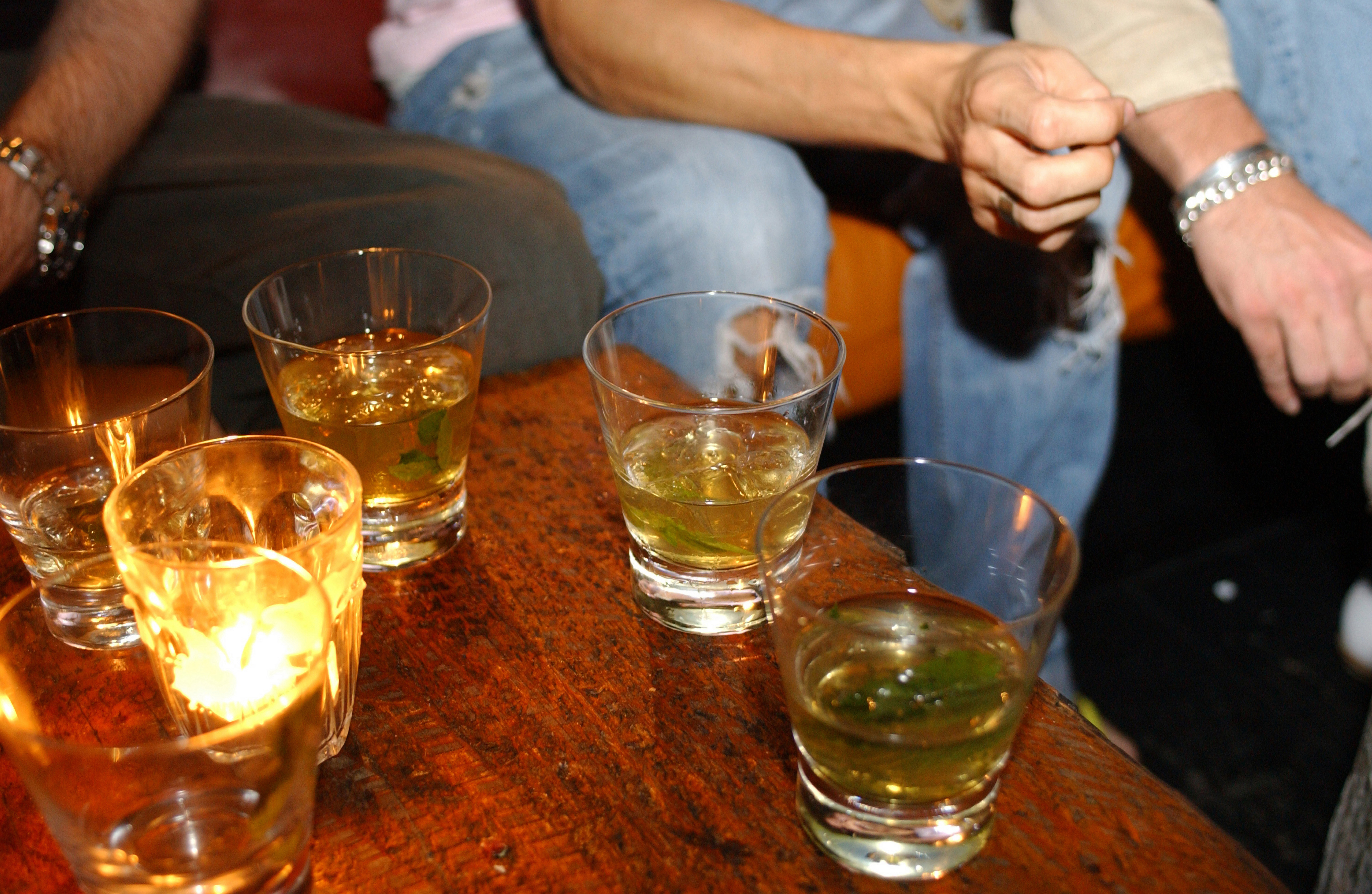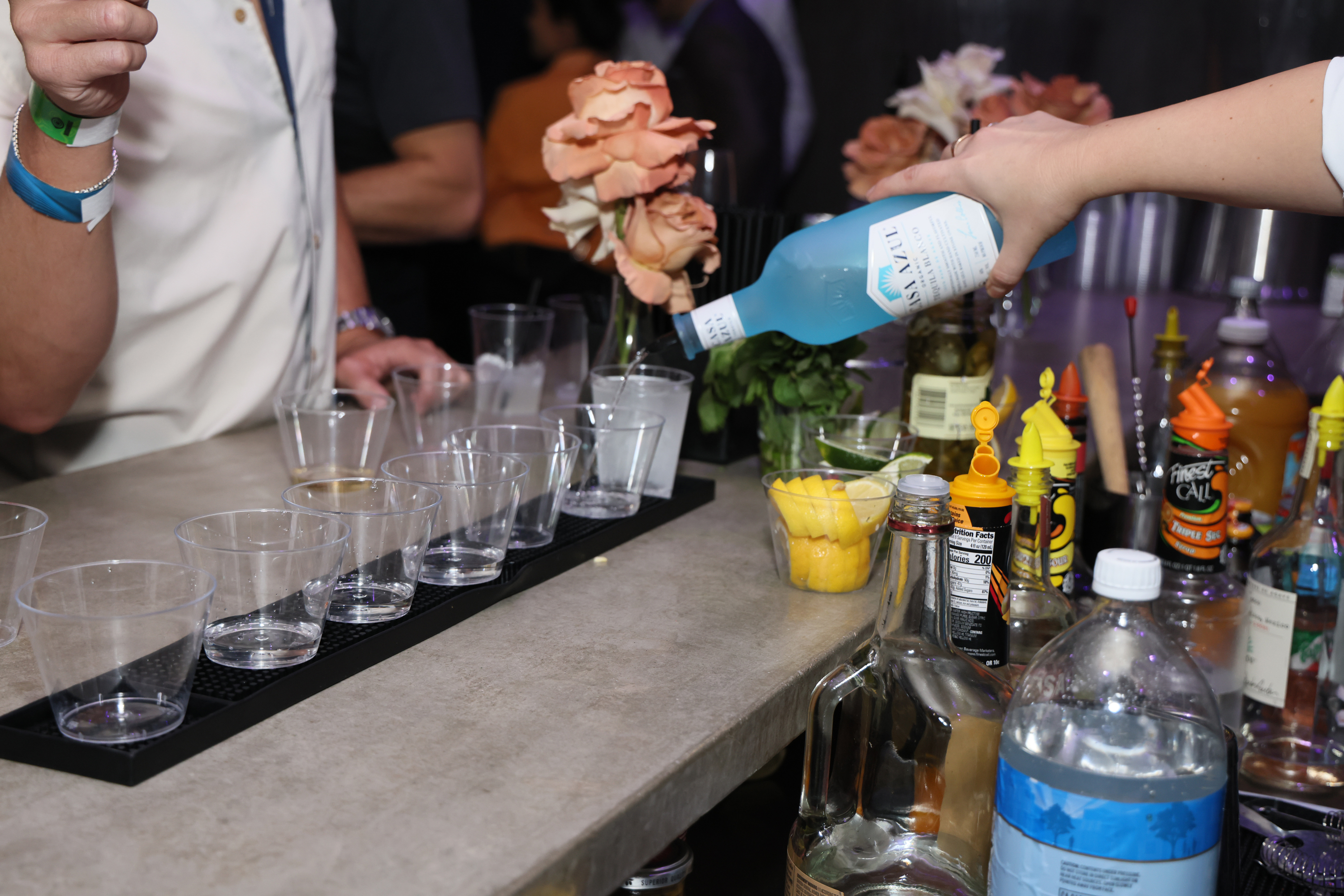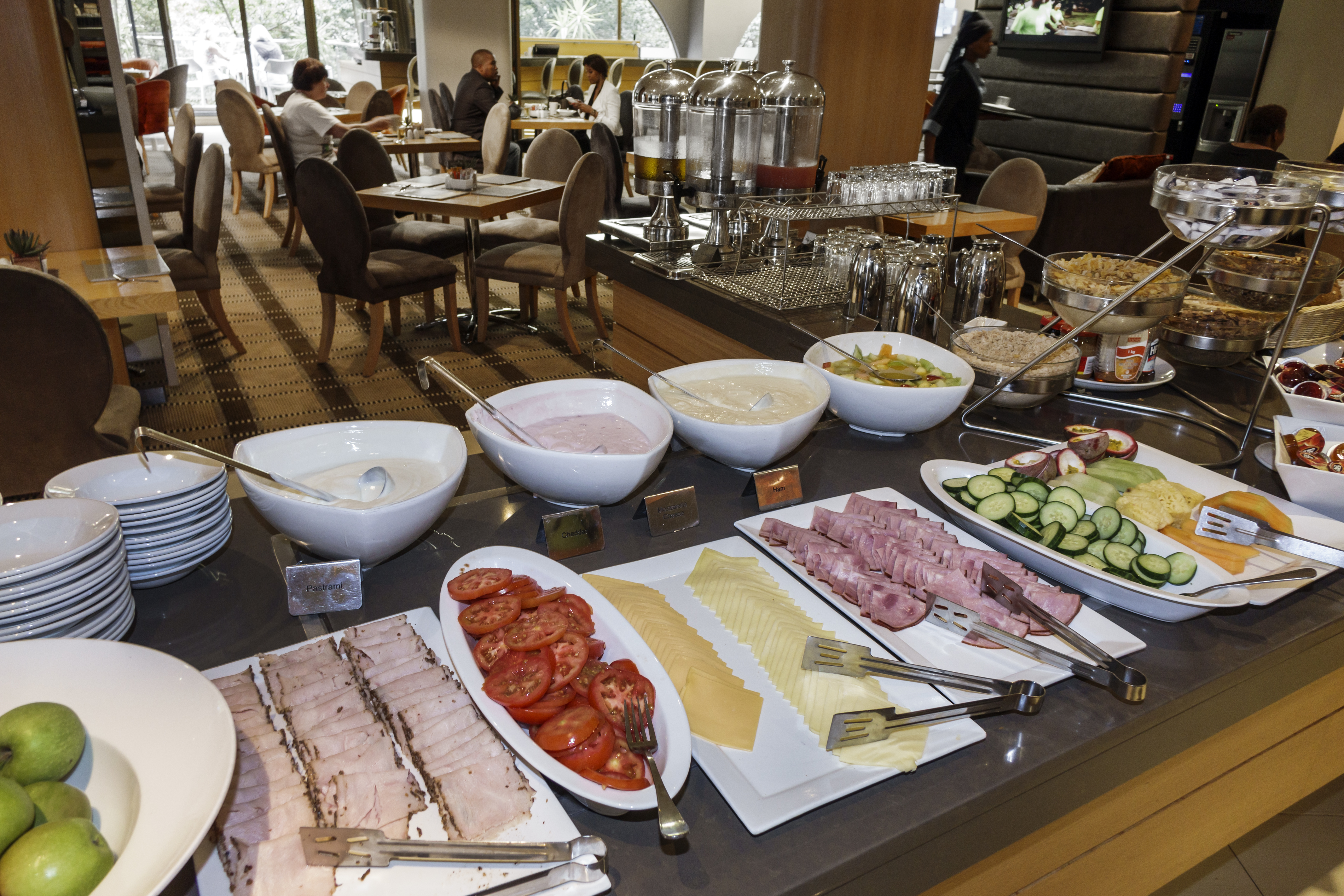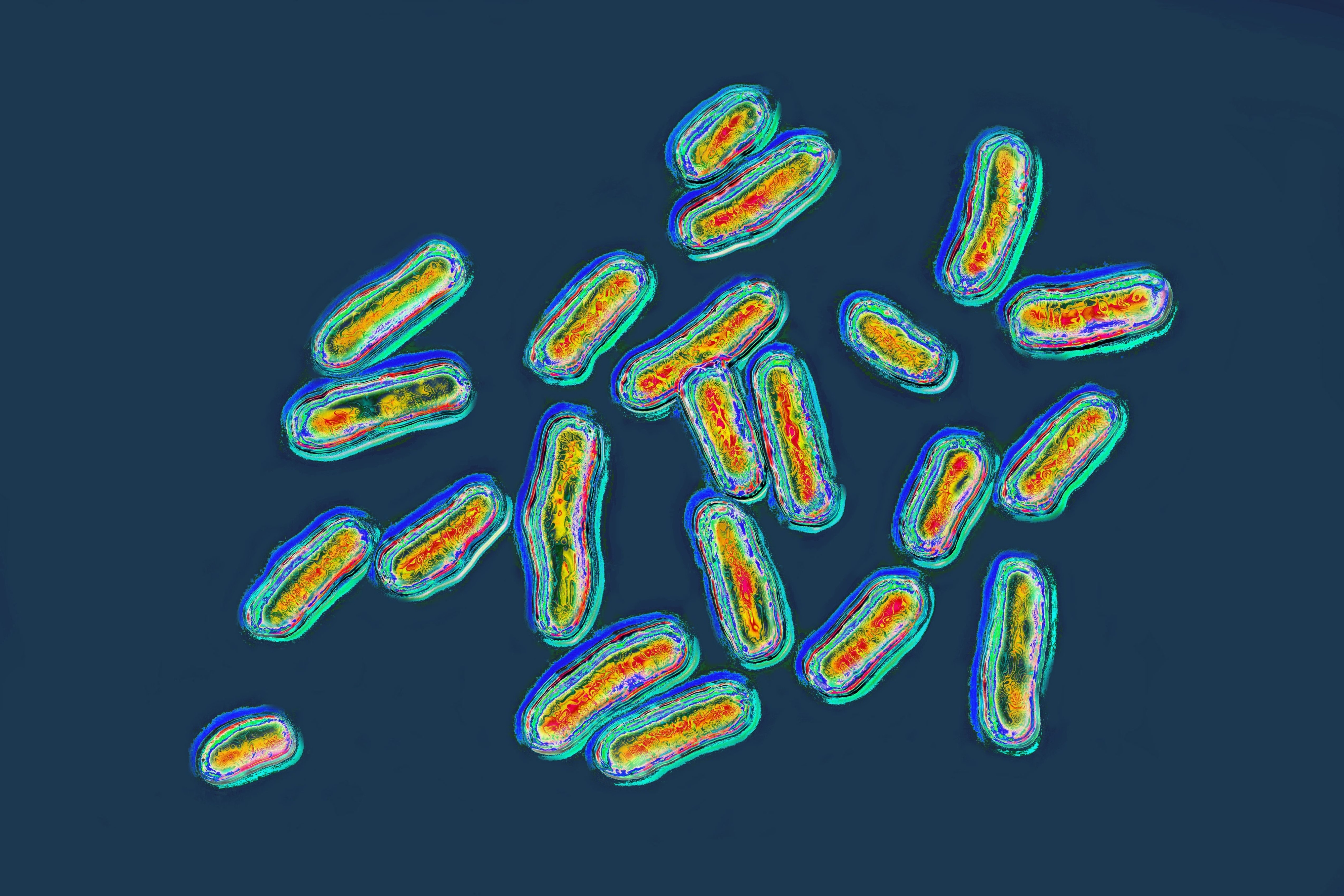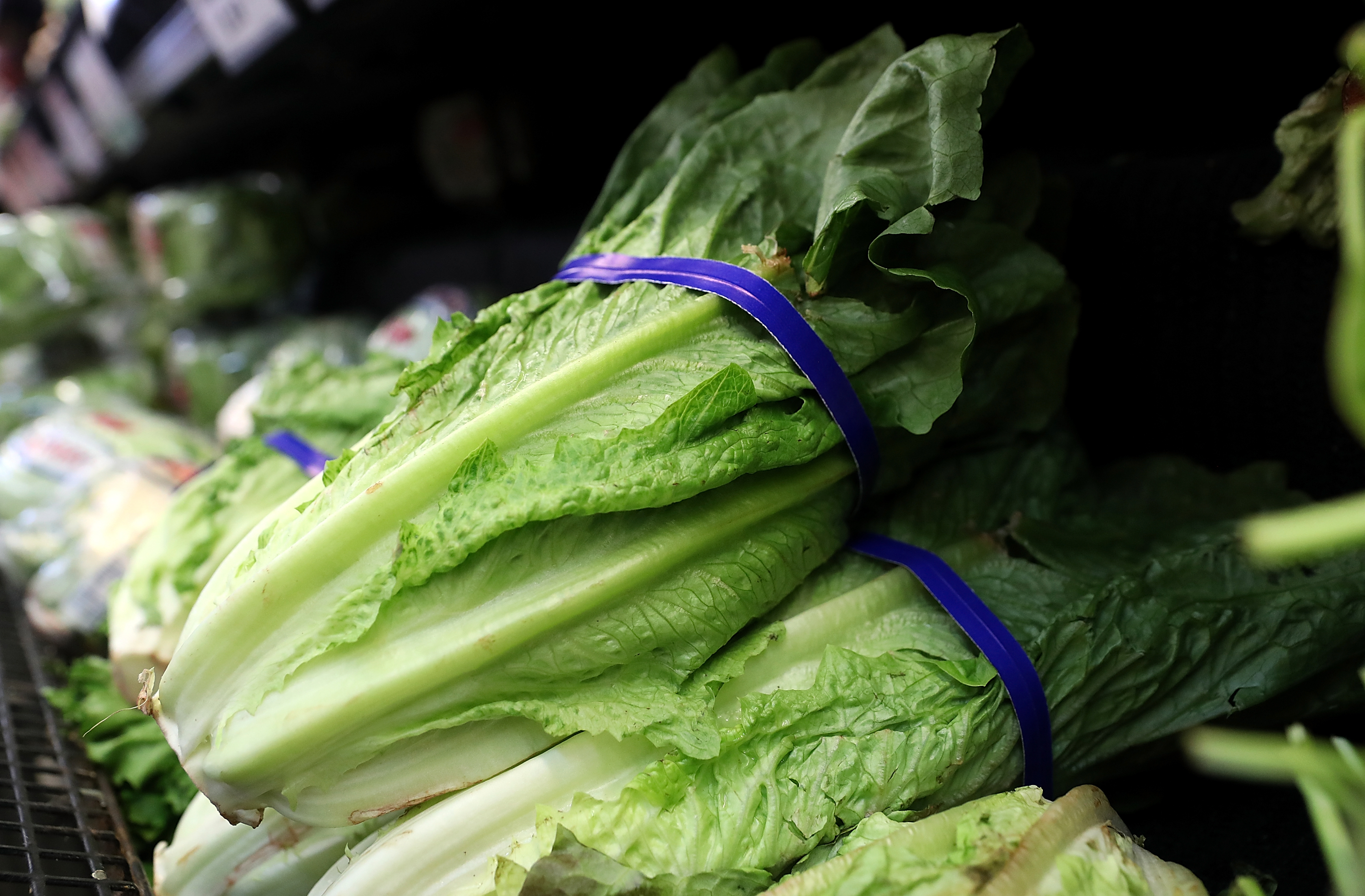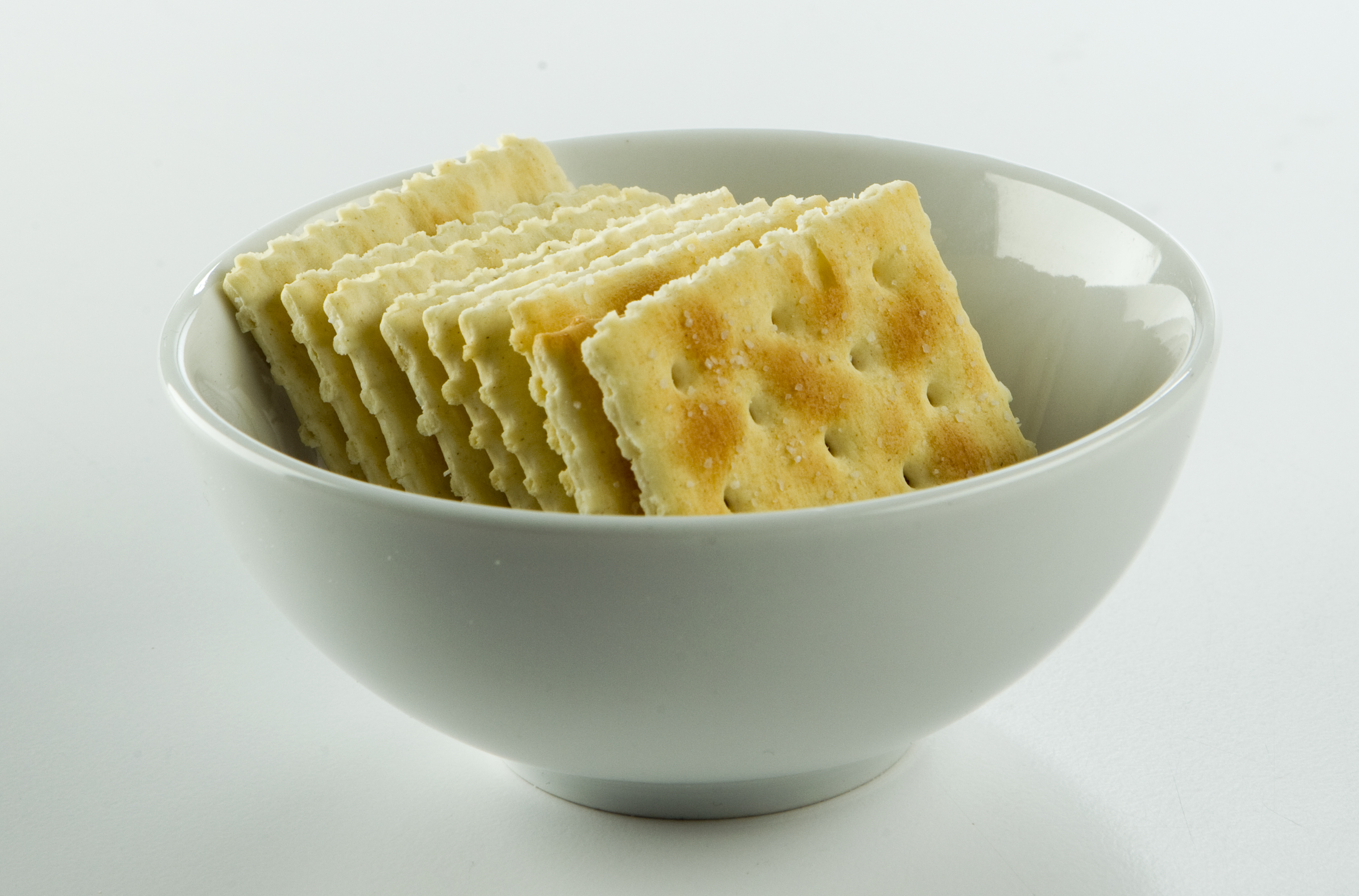Let ’s just say this one is for the 21 + crowd .
Have you ever taken a bite of something, or maybe even finished your plate, and things just felt…off? Same.
From there, your options usually feel pretty limited, and pretty bleak. You can try taking a preemptive nausea or stomach medication, drink something fizzy, or (my method of choice) lay in despair about your imminent tummy ache.
Amalia Rubin has certainly been in this predicament. She’s a 37-year-old PhD student based in Nepal studying Himalayan societies, languages, and cultures. She’s also a digital creator, having amassed over 135K followers onTikTokand over 22K onInstagram.
Amalia starts the video by warning that the following advice is for grown-ups, which is a very important note.
She then explains that 1. Alcohol is a sterilizer and 2. She just ate some food she thinks might not have been good… You might see where this is going.
She then cites apeer-reviewed studythat showed that consuming a shot glass worth of liquor of at least 10% ABV (aka 20 proof) alongside or immediately after food “can reduce your likelihood of foodborne illness […] by around 45%.”
And then, of course, bottoms up!
Amalia told BuzzFeed how she came to know, and later research, the practice: “Many years ago, while visiting rural Kyrgyzstan, I got a bit sick to my stomach, and to my surprise, my friend took me to a pharmacy where they poured me a little cup of vodka,” she said. “One thing I’ve learned from world travel is not to just immediately dismiss it, so I wondered if there was any scientific research to the idea of alcohol creating a hostile environment for bacteria. I was also curious because of how many cultures have after-dinner drinks as alleged digestive aids.”
So…is this real? According to Amalia, she’s had success with chasing risky food with a shot of hard liquor — which is why she shared the trick on social media in the first place. “I have found that it works, but I recognize that I am literally a sample size of one and it means nothing,” Amalia said. “Maybe the food I was eating wasn’t in fact carrying any bacteria. Maybe I’m just lucky. I’m not a heavy drinker, so perhaps it’s just that the single shot of vodka or rum calms me down a little from the potential fear of getting sick, and it’s purely placebo in my case.”
I wanted some answers, so I asked a gastroenterologist and the answer is: Kind of. Maybe.
Meet Dr. Rashmi Advani, a triple board-certified medical doctor specializing in interventional and endobariatric gastroenterology based in Long Island,New York.
She has some thoughts about the claim that ingesting alcohol might be able to prevent food-borne illness: If you were hoping to use this as a fail-safe, she’s got some bad news, and it starts withthe 2002 studythat Amalia cited in her video.
“Since then, there has been complete silence about the topic because there is a lot of question in the medical community about the validity of the actual study that this was based upon,” Dr. Advani said.
Dr. Advani said the study had been based on what’s called a sub-analysis. “In the medical community […], a sub-analysis is a sub-optimal analysis because that was not the intended protocol for the study, so it wasn’t powered accordingly.”
So theremightbe evidence that supports the claim, but the data is weak. However, Dr. Advani did explain the potential scientific mechanism behind the practice.
" Potentially intoxicant , because it can be more acid , can kill off bacteria , really all and every bacteria , even the full 1 , " she said . Because of the acid level present in inebriant , there ’s a potential effect of killing off food for thought - borne illness - causing bacterium in the digestive tract , but also of killing off all kinds of beneficial bacteria that live in your gut .
She mentioned anotherstudythat examined the survival of food-borne pathogens like Salmonella, E. coli (remember the romaine lettuce scare of 2018?), and listeria — three of the main bacteria that cause food-borne illnesses — in craft beer with low or zero alcohol.
Again, there’s pretty minimal hard data to support this, but that doesn’t completely rule it out. Some commenters on Amalia’s video also wondered about the use of another substance for the same effect, like vinegar for its acidity or activated charcoal for its ability to adsorb (molecularly absorb) toxins. So I asked Dr. Advani:
And if you do choose to use alcohol to prevent food-borne illness, it gets worse: “If we look at the effects of alcohol on the entire body, no matter what percentage you’re taking in, you have a lower immunity just by killing off those good bacteria in your gut. Once [the good bacteria] die, the substances they secrete to protect the gut also are not created. So the gut is more susceptible to inflammation from anything.”
Dr. Advani compared the psyche and the gut to " a close matrimonial couple ; they talk all the meter . " So , she say , if you negatively impact the gut , the same is rightful for the wit , potentially conduct to " depression and anxiety , crushed stress tolerance , increased tenseness , wretched sleep . " Basically , everything .
In conclusion: “These are things that can impact your body on a global scale. It can also make you more susceptible to infections down the line. So if you’re killing off the good bacteria that would protect you, actually, from these food-borne illnesses, […] it’s almost counterintuitive, but you have an increased risk of having gut infections, and then also IBS.”
Essentially — and Amalia agrees — it’s better to try to prevent illness in the first place. But that isn’t always possible, especially when traveling, and she appreciates having a risk mitigation method.
“I think it’s a risk you take if you’re [traveling]. I would try to find a place where you know how they prepare the food; you’ve eaten there before, so you haven’t had issues before,” Dr. Advani said. “Whether you’re in Nepal, or whether you’re going to an Arby’s, you can’t be 100% sure what you’re ingesting.”
When asked about how to best mitigate the risk of food-borne illness after consumption, Dr. Advani said there’s not really a medically recommended method, and that you’ll just have to ride it out and “be nice to your GI tract.”
Whether or not you’re sick (or worried you might become sick), Dr. Advani emphasized the benefits of maintaining a healthy gut microbiome with things like prebiotics and probiotics, along with a high-fiber diet.
She also expressed a growing concern among the aesculapian and GI community about the increase in alcoholic drink consumption following the COVID pandemic .
" We are seeing a lot more GI disease , include a resurgence of cirrhosis of the liver , which is liver scarring from alcohol , and then basically liver malfunction , " she said . " We ’re really worried about it . "
So, food safety is the gold standard for preventing food-borne illnesses in the first place. Aside from that, it’s up to you to make informed decisions that you feel are right for you and your body.
For at - home food for thought safety hint from a chef , discipline out ourultimate intellectual nourishment refuge quizand learn a affair or two .


